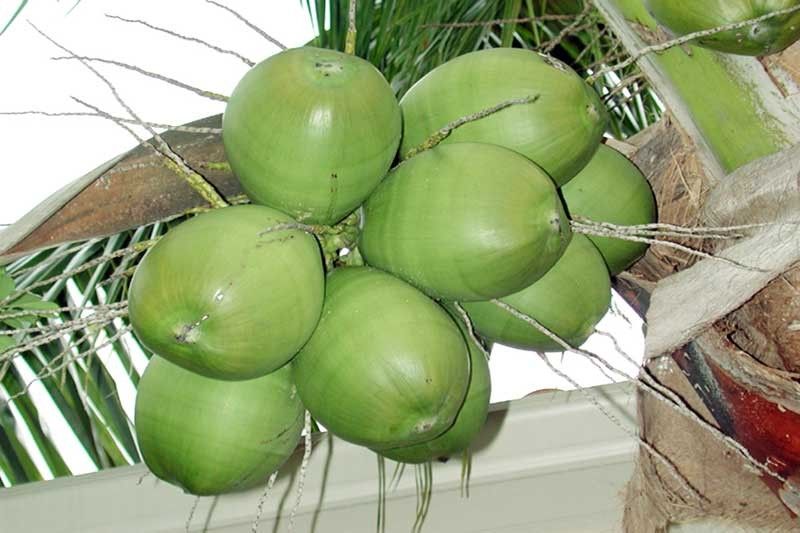Coconut industry yet to reach full potential

MANILA, Philippines — The local coconut industry has yet to reach its maximum potential, especially with respect to coconut oil production and value adding, despite being the world’s top exporter of the commodity.
However, the Philippines continues to lag behind India and Indonesia in terms of production, the United Coconut Association of the Philippines (UCAP) said.
“It is the biggest agricultural export, yet there is way more we can do especially in higher value product exports,” UCAP chairman Dean Lao Jr. said.
“Local demand for coconut oil can also be bolstered to help augment revenues lost for farmers due to external market forces,” Lao added.
The country’s coconut oil exports generated over $1.46 billion in total revenues last year, representing an increase of 30 percent from the previous year.
Data from the Philippine Statistics Authority showed that there were about 3.6 million hectares of land planted with about 338.7 million fruit-bearing coconut trees nationwide as of 2016.
This accounts for 26 percent of total agricultural land in the country. Of the 81 provinces, 68 are considered coconut producing areas.
In terms of yield, the Philippines produces 4,000 nuts per hectare annually, significantly lower than the world leader which produces about 10,000 nuts per hectare yearly.
“Coconut oil can be used to produce countless products—from cooking oil to food ingredients, medicines, and natural consumer goods like soaps and detergents,” Lao said.
Lawmakers have proposed to increase coco-biodiesel blend in automotive diesel from the current two percent to five percent to boost domestic utilization of coconut oil amid declining global prices.
“Doing so will make our fuel and emissions more environmentally friendly. This advocacy will create new demand for coconut oil and consequently bolster coconut farmers’ revenue,” Lao said.
“More importantly, the inclusive benefits to the country include less dependence on oil importation, less forex outflow, and mileage improvement for motorists,” he added.
- Latest





























